Drug Rehab in Placentia – AddictionTreatment Help & Resources
Local Resources & Information to Start Your Recovery Journey
If you are in the Placentia area and need help now, call 949-942-8495
Help Is Available for Those Struggling With Addiction in Placentia
Located in Orange County, Placentia is a small but growing city with a population of over 50,000 people. Although it’s a beautiful suburban community with great schools and parks, Placentia is not immune to the epidemic of drug and alcohol addiction around the county.
Many people in Placentia struggle with substance abuse and addiction in silence, thinking they have no one to turn to for help. However, there are resources available in Placentia and the surrounding areas to support individuals in their journey towards recovery.
Types of Addiction Treatment in
Placentia
There are various types of addiction treatment options available in Placentia, all designed to meet the individual needs of those seeking help. Some of these options include:
Outpatient Treatment
Outpatient treatment is a type of addiction treatment that allows patients to live at home while undergoing therapy. This treatment typically involves regular visits to a clinic or treatment center for counseling, medication management, and other therapeutic activities. Outpatient treatment is often recommended for individuals with less severe addictions or those who have significant work, school, or family commitments.
Inpatient Treatment
Inpatient treatment, also known as residential treatment, provides a highly structured environment where patients live in a treatment facility 24/7. These programs offer a range of services, including medical supervision, individual and group therapy, and life skills training. Inpatient treatment is generally recommended for individuals struggling with severe or long-term addictions or those with co-occurring mental health disorders.
Detoxification Services
Detoxification, or detox, is often the first step in addiction treatment. This process involves clearing the body of drugs or alcohol under medical supervision. Detoxification services in Placentia may include medication to manage withdrawal symptoms, nutritional support, and counseling to prepare for further treatment.
Medication-Assisted Treatment
Medication-Assisted Treatment (MAT) combines behavioral therapy and medications to treat substance use disorders. This approach is particularly effective in treating opioid, alcohol, and tobacco addictions. MAT can help to normalize brain chemistry, block the euphoric effects of drugs, and relieve cravings.
Aftercare and Sober Living
Aftercare and sober living options provide ongoing support after the completion of formal treatment. This may involve continued therapy or counseling, participation in support groups, and living in a sober living home. These services can help individuals maintain their sobriety and navigate the challenges of life post-treatment.
How to Choose the Right Rehab or Detox Center for Your Loved One in Placentia
Selecting the right rehab or detox center is a critical decision that can significantly influence your loved one’s journey toward recovery. In Placentia, various options are available, each offering different approaches. Below are some helpful tips to help you make an informed choice:
Continuing Recovery Care & Sober Living Programs in Placentia
After completing a drug rehab program, many individuals in Placentia may benefit from transitioning into a structured sober living residence to receive additional care and support. These residences have rules in place to provide a safe place for those in recovery to live free from substances. By combining individualized care with collective support, these programs help their residents build healthy habits and essential life skills that are key to eliminating substance dependence.
Recovery support programs provide each person the assistance they require to navigate the trials and complexities of post-rehab life while creating a sense of unity among residents.
Emergency Services for Addiction in Placentia
If you or someone you know is facing addiction, it is crucial to know where to seek assistance in the event of an emergency. Below are services available in Placentia that can offer immediate support:
Placentia-Linda Hospital
- 1301 N Rose Dr, Placentia, CA 92870
- 714-993-2000 Open 24 Hours
Carbon Health Urgent Care Placentia
- 858 N Rose Dr, Placentia, CA 92870
- 714-792-3736 Open 9 am – 7 pm
Suicide Prevention/Crisis Line
National Suicide Prevention Hotline
Orange County Crisis Assessment Team (CAT)
Community Resources for Mental
Health & Addiction
- Substance Abuse and Mental Health Services Administration (SAMHSA): A national agency that provides a locator for treatment services in your local area. You can visit their website or contact them at 1-800-662-HELP (4357) for more details.
- Orange County Health Care Agency (OCHCA): This local agency offers mental health and addiction services throughout Orange County. For further information, reach out to them at (800) 564-8448 or visit their official website.
- National Alliance on Mental Illness (NAMI) Orange County: NAMI provides resources to support those affected by mental illness, including advocacy initiatives, educational programs, and support groups. You can connect with NAMI at (714) 544-8488 or via their website.
- Orange County Alcoholics Anonymous (AA): AA provides support to individuals battling alcohol addiction. They can be contacted through their hotline at (714) 556-4555. Their meeting schedule is also available online.
Alcoholics Anonymous Find an AA meeting near me.

SMART Recovery Find a SMART Recovery meeting near me

Refuge Recovery Find a Refuge Recovery meeting near me.

Narcotics Anonymous Find an NA meeting near me.

Narcan Classes and Overdose Prevention Training Find Narcan training near me.

Local Stats You Need to Know
The landscape of the opioid crisis in Placentia and the wider Orange County area has undergone significant changes since 2017. A decline in fatalities involving natural and semi-synthetic opioids like morphine, hydrocodone, codeine, and even heroin has been noticed. However, there has been a substantial increase in deaths linked to synthetic opioids, particularly fentanyl. The percentage of opioid overdose deaths linked to fentanyl jumped from 19.5% in 2017 to an alarming 86.8% in 2021.[1]
This drastic increase in deaths related to fentanyl highlights a pivotal shift in the opioid crisis’s dynamics. This trend mirrors the national data that shows a rise in drug overdose deaths involving fentanyl starting in 2010, with a significant surge in deaths attributed to it over the years.
Start Your Recovery in Placentia
Find the support you need to achieve long-term sobriety.
Sober Activities in Placentia
Placentia offers a variety of enjoyable and sober activities that are suitable for all ages. Here are some exciting options:
- George Key Ranch Historic Park: Visit this historic park to learn about Orange County’s agricultural past.
- Kraemer Memorial Park: A beautiful green space perfect for picnics, outdoor sports or a leisurely walk.
- Bradford House: Take a tour of this historic Victorian house for a glimpse into the past.
- Placentia Library: A great place to read, study, or participate in community events.
- Round1 Bowling & Arcade: Enjoy bowling, arcade games, karaoke and more in a fun, alcohol-free environment.


How to pay for addiction Treatment in Placentia
Navigating the financial aspects of addiction treatment can be difficult for many. However, there are several options available to help you cover the costs:
- Insurance Coverage: Many health insurance plans offer coverage for substance abuse treatment. Check with your insurance provider to understand the extent of your coverage. This could include inpatient and outpatient treatment, detoxification services, counseling, and medication.
- Public Assistance Programs: If you don’t have insurance, public assistance programs like Medicaid or Medicare may provide coverage for addiction treatment services. It’s important to check the eligibility criteria and the services covered under these programs.
- Sliding Scale Fees: Some treatment centers offer sliding scale fees based on your income. This means the amount you pay is adjusted according to your ability to pay, making treatment more affordable.
- Payment Plans: Treatment centers often understand the financial burden of treatment and may offer payment plans. This allows you to spread the cost of treatment over a period of time instead of paying a lump sum.
- Grants and Scholarships: Certain organizations provide grants or scholarships specifically for substance abuse treatment. These can significantly reduce the cost of treatment and, in some cases, may even cover the full cost.
Frequently Asked Questions About Attending Rehab in Placentia
Will I have to quit my job if I go to rehab?
It depends on the type of treatment program you choose. Inpatient programs require you to stay at the facility, which may make it difficult to continue working. However, outpatient programs allow for more flexibility and may not interfere with your work schedule.
Can I bring my phone or laptop?
Most treatment centers have policies in place regarding electronic devices. To fully focus on your recovery, it may be best to disconnect from technology during treatment. However, you can always check with the specific center for their policies.
Will I have access to visitors?
This also depends on the treatment program and facility. Some programs may allow limited visiting hours or have designated family therapy sessions. It’s important to discuss this with the treatment center beforehand.
What if I have a relapse after rehab?
Relapse is a common part of the recovery process, and many treatment centers offer resources for relapse prevention. It’s important to remember that recovery is a journey, and setbacks are not failures but opportunities to learn and continue growing.
Other Nearby Locations
Sources
[1] Chhuon, R., Kalaitzidis, T., Condon, C. J., Qian, J., & OC Health Care Agency. (2022b). OPIOID-RELATED MORBIDITY AND MORTALITY IN ORANGE COUNTY, 2017-2021. OC Health Care Agency. https://www.ochealthinfo.com/sites/healthcare/files/2023-02/Opioid_Overdose_Death_Trends_2017-2021_v04_Web.pdf



